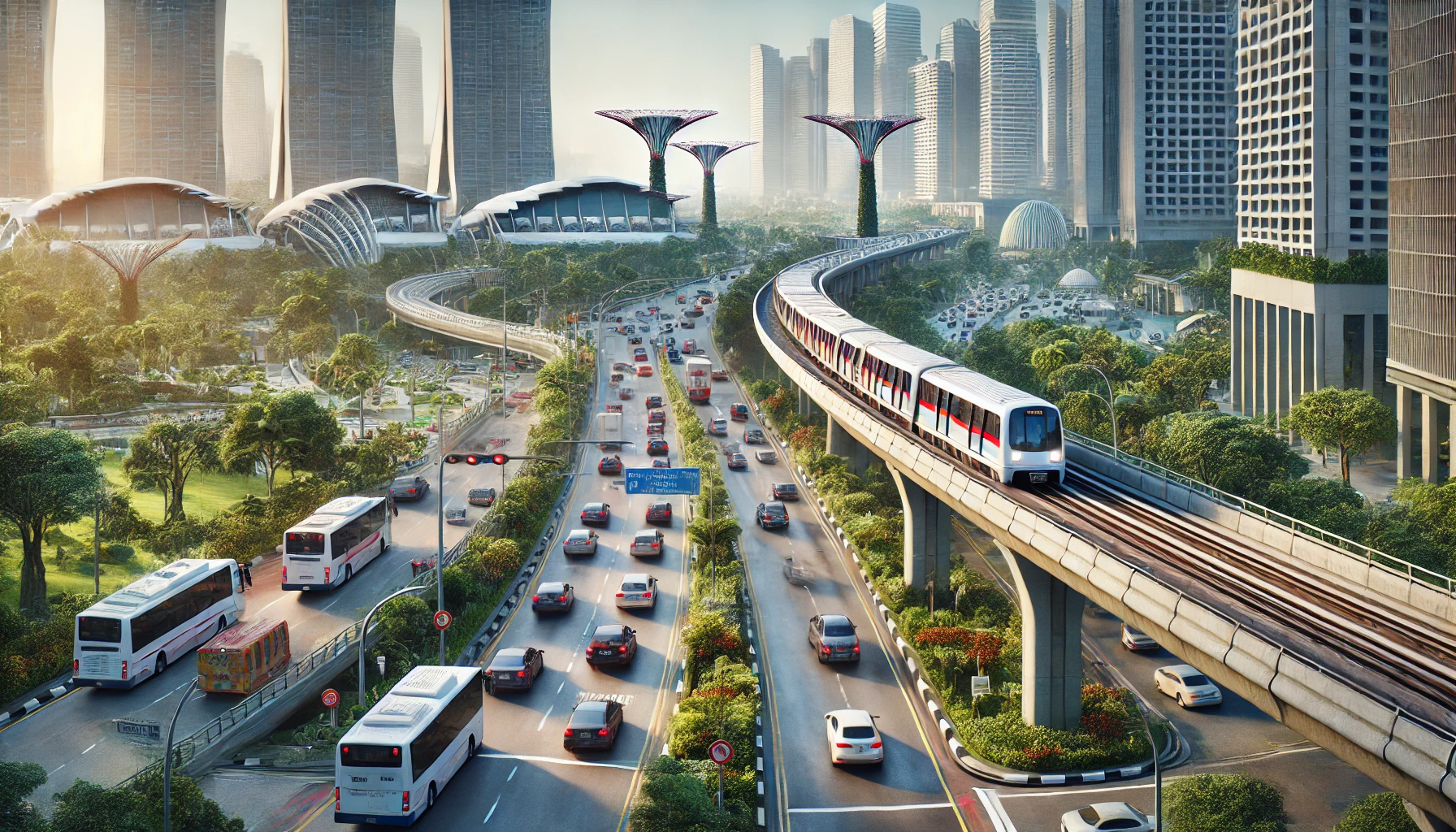Singapore offers an intricate mix of high living expenses and efficient transportation networks that influence the decision of car ownership. The immediate answer is that owning a car may not be the best option for most residents when comparing overall costs. This article breaks down the expenses related to owning a car against the merits of public transport, ride-sharing, and leasing.
The Hidden Expenses of Car Ownership
Car ownership in Singapore brings with it a host of recurring expenses. Consider these key factors:
- Certificate of Entitlement (COE): This mandatory permit comes at a premium and varies with market demand.
- Maintenance and Repairs: Regular servicing, part replacements, and unexpected repairs can add up.
- Insurance Costs: Mandatory and varied based on driver profile and car model.
- Parking Fees: Many areas in the city impose daily or hourly parking charges.
- ERP Charges: Electronic Road Pricing fees can be an ongoing expense during peak hours.
- Depreciation: The value of a car diminishes significantly over time.
Each of these elements contributes to a financial commitment that often exceeds initial expectations. Even for those with a steady income, the hidden costs can strain monthly budgets.
Cost-Effective Alternatives
For residents aiming to balance convenience with budget, alternatives to car ownership come in several forms:
- Public Transport
- Efficiency: Extensive networks of buses and trains make commuting affordable.
- Reliability: Timely services and frequent schedules ensure timely arrivals.
- Affordability: Daily commuters enjoy lower expenses than car-related costs.
- Ride-Sharing
- Flexibility: On-demand services offer a door-to-door option.
- Variable Costs: Prices can fluctuate based on demand, distance, and time of day.
- No Maintenance: Drivers avoid expenses such as insurance and parking fees.
- Leasing
- Fixed Payments: Leasing offers predictable monthly costs without the burdens of depreciation.
- Newer Models: The option to drive the latest car models without long-term ownership.
- Minimal Upkeep: Maintenance plans are often bundled, reducing unexpected expenses.
Each option has its own merits. Public transport provides a robust and economical solution, while ride-sharing brings comfort for occasional travel without long-term commitments. Leasing offers a middle ground for those who want the experience of driving a car without the substantial financial outlay.
Evaluating Financial Viability
Residents can use several tools to measure the financial sense of purchasing a car. For instance, a Car Depreciation Calculator can help buyers assess whether purchasing a car is financially viable compared to alternatives by presenting a clear picture of how quickly a car loses its value over time. Such tools enable potential buyers to weigh the benefits of ownership against the predictable costs associated with leasing or the pay-per-use nature of public transport and ride-sharing.
Comparing the Options
The following list highlights the pros and cons of each option:
- Car Ownership
- Pros:
- Total control over travel schedules
- Comfort and privacy during commutes
- Cons:
- High initial and ongoing costs
- Significant depreciation and maintenance fees
- Pros:
- Public Transport
- Pros:
- Low cost and wide coverage
- Environmentally friendly with less congestion
- Cons:
- Fixed schedules that may not suit all travel needs
- Occasional overcrowding during peak hours
- Pros:
- Ride-Sharing
- Pros:
- No commitment or long-term contracts
- Accessible in areas with less public transport coverage
- Cons:
- Surge pricing can lead to high fares at peak times
- Dependence on driver availability
- Pros:
- Leasing
- Pros:
- Fixed monthly payments and lower upfront costs
- Opportunity to change models regularly
- Cons:
- Restrictions on mileage and potential extra charges
- No asset ownership at the end of the term
- Pros:
Making a Personal Decision
The choice between owning a car and using alternatives depends largely on lifestyle and budget. Residents who prioritize comfort and the freedom of movement might favor car ownership despite the higher costs. In contrast, those with a tight budget or who live in areas well-served by public transport can benefit from the extensive bus and train networks.
Singaporeans can assess their needs by considering the following questions:
- How often do I require door-to-door travel?
- Am I willing to invest in long-term costs for short-term benefits?
- Does my daily commute fall within an area well-served by public transport?
- Can I handle the unpredictability of ride-sharing during peak hours?
Balancing these considerations against the high expenses of owning a car will help residents make an informed choice. Ultimately, the decision hinges on individual circumstances and the trade-offs between cost, convenience, and lifestyle needs.


